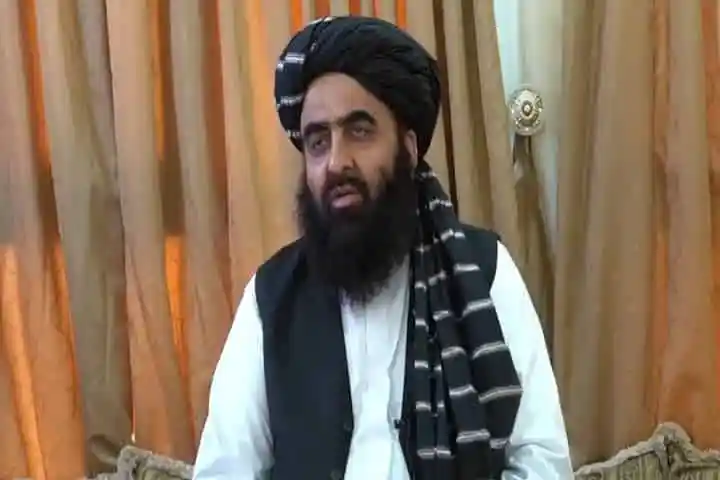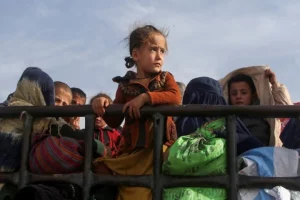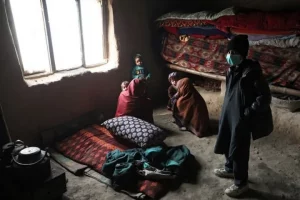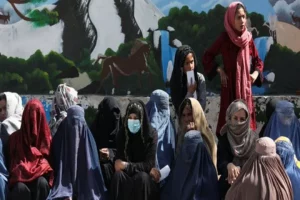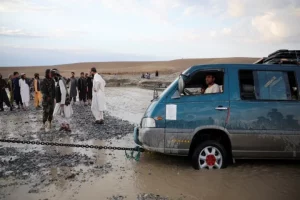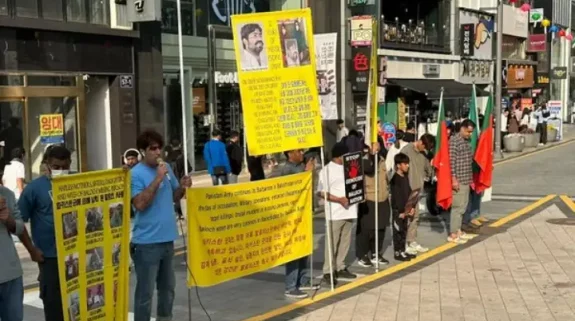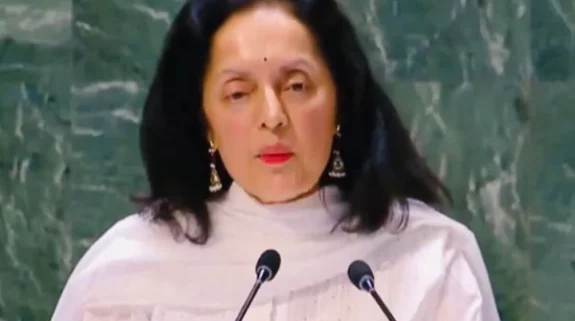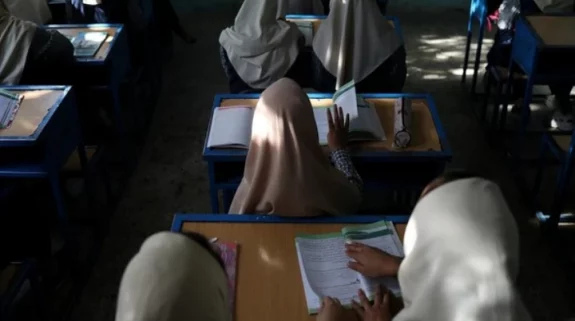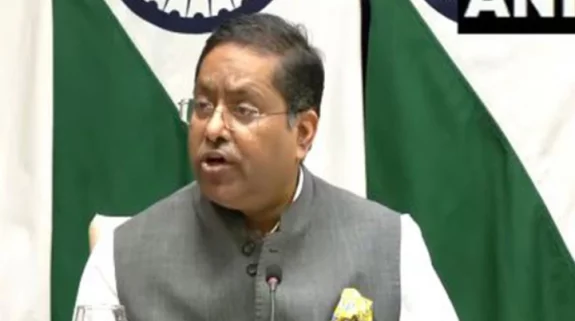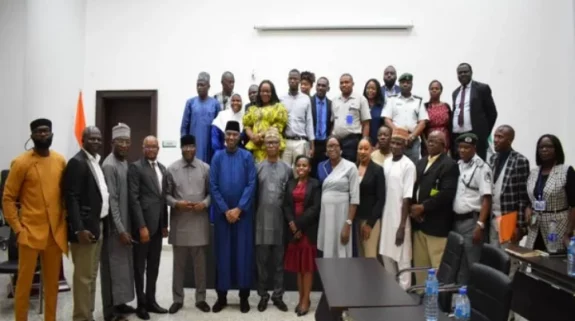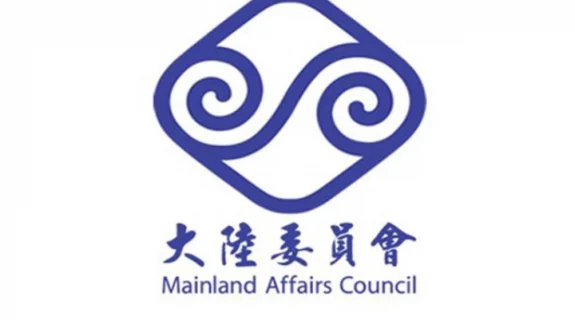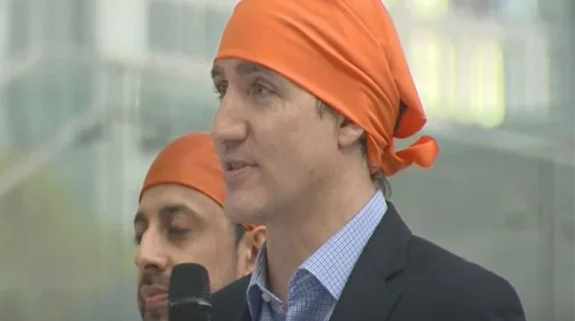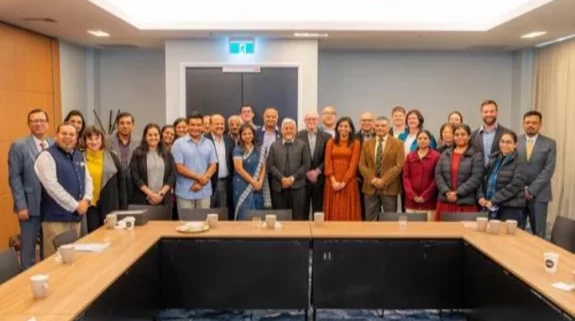Pakistan’s support in Afghanistan for a Taliban-led government, which has not been internationally recognised, and has displaced an elected government, has snowballed into a spate of controversies, which are seeping into the UN General Assembly (UNGA) session in New York.
The tussle over the legitimacy of the Afghan government has already led to the cancellation of a foreign ministerial meeting of the South Asian Association for Regional Cooperation(SAARC), slated for September 25 on the side-lines of the UNGA.
SAARC members had earlier reached a consensus that, due to the upheaval in Afghanistan, a member of the grouping, Kabul would be represented by an “empty seat”—something which had been done during the recently concluded summit of the Shanghai Cooperation Organisation (SCO) in Dushanbe.
But Islamabad has now thrown a spanner in the works to tackle the thorny situation. It is insisting that the Taliban should represent Afghanistan at the SAARC conclave.
But at the United Nations, Afghanistan’s designated envoy, Ghulam Isaczai has still been listed to speak at the UNGA session—evidence that the world is still far from recognising the legality of Taliban’s forcible takeover of Kabul.
Nevertheless, a note verbale by the foreign ministry of Nepal, the current rotating head of SAARC, on Tuesday read that "due to lack of concurrence from all member states as of today, the informal meeting of the SAARC council of ministers proposed to be held in person on September 25, 2021….will not take place". The SAARC secretariat in Kathmandu also sent a similar letter, announcing cancellation of the meeting.
Earlier, the Associated Press quoted U.N. spokesman Stephane Dujarric as saying that Secretary-General Antonio Guterres had received a communication on Sept. 15 from Ghulam Isaczai, the currently accredited Afghan Ambassador, listing the names of Afghanistan’s delegation for the 76th UNGA annual session.
But five days later, Guterres also received another missive with the letterhead “Islamic Emirate of Afghanistan, Ministry of Foreign Affairs.” It was signed by “Ameer Khan Muttaqi” claiming he was the “Minister of Foreign Affairs,” with a request to participate in the U.N. conclave comprising several world leaders.
Muttaqi claimed that former Afghan president Ashraf Ghani had been “ousted” as of Aug. 15 and countries across the globe “no longer recognise him as president.” Consequently, Isaczai no longer represents Afghanistan, Dujarric was quoted as saying.
The Taliban said that instead, it was nominating Mohammad Suhail Shaheen, the spokesman during Afghan talks in the Taliban’s Doha office, as the new UN permanent representative.
Also Read: Covid, climate crisis, Afghanistan to dominate UNGA
Also Read: Taliban bans broadcast of IPL matches in Afghanistan






